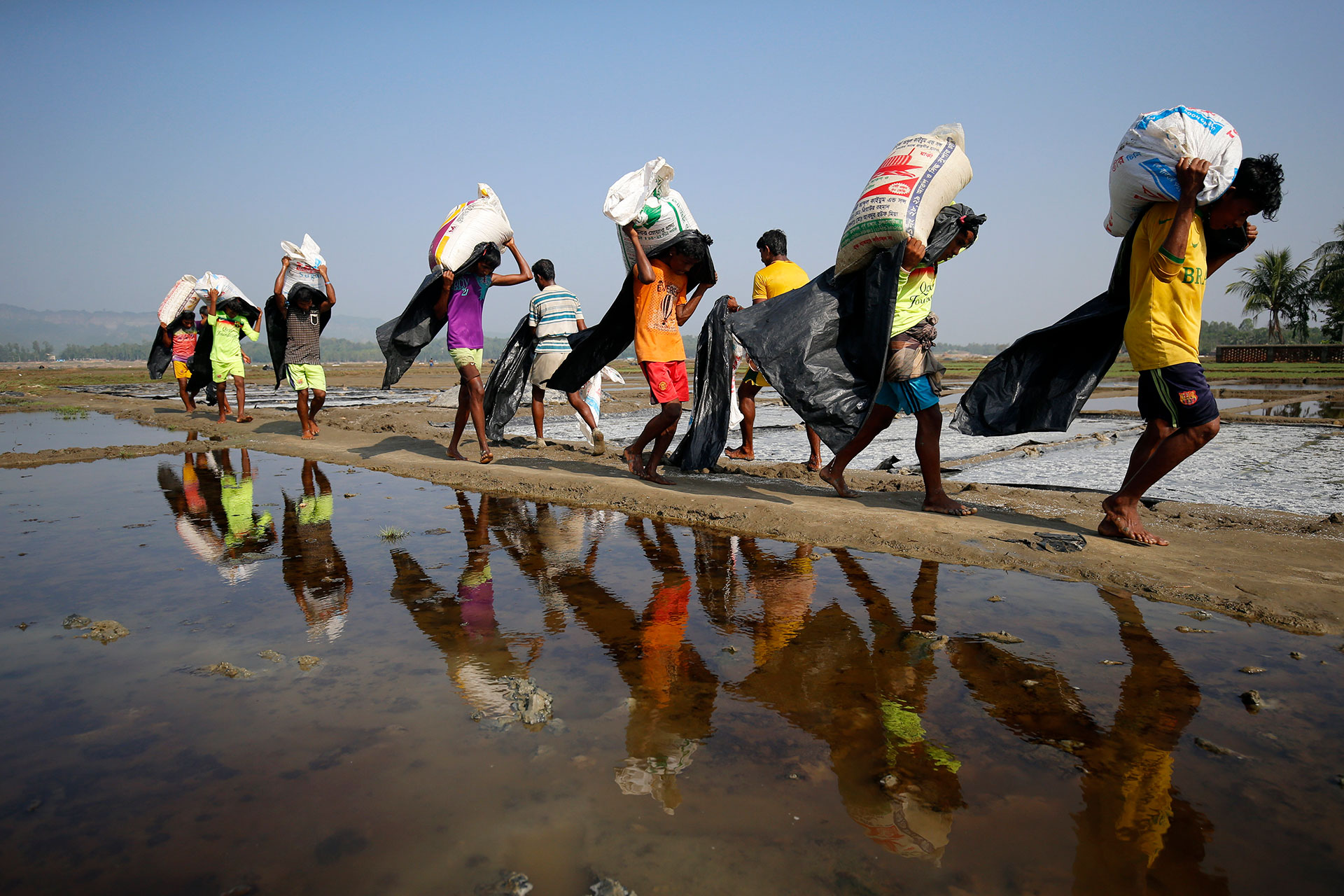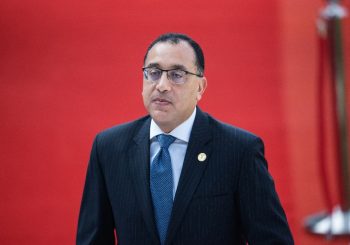History seems to be in the remake. The tragedy occurring now to the Rohingya in Burma, who face “ethnic cleansing” by the hands of Burmese military, as described by the UN, is very much reminiscent of what happened in Bosnia and Herzegovina between 1992 and 1995, where Muslim Bosnians were also subject to ethnic cleansing by Serbian forces.
The Bosnian War
It all began in 1992, when Bosnia’s Muslims voted for independence from Yugoslavia in a referendum boycotted by Serbs. War broke out and Serbs, under the leadership of Radovan Karadzic supported by the Serbian government of Slobodan Milošević and the Yugoslav People’s Army (JNA), laid siege to capital Sarajevo. They occupy 70 percent of the country, killing and persecuting Muslims.
In 1995, Serbs troops, under the command of General Ratko Mladic, captured the eastern enclave and UN “safe area” of Srebrenica, killing about 8,000 Muslims. The UN war crimes tribunal in The Hague indicts Karadzic and Mladic for genocide for the siege of Sarajevo.
Following an intervention by NATO, Bosnian Muslim President Alija Izetbegovic, Croatian President Franjo Tudjman and Serbian President Slobodan Milosevic agreed to a U.S.-brokered peace deal in Dayton, Ohio. The three leaders sign the Dayton peace accords in Paris, paving the way for the arrival of a 66,000-strong NATO peacekeeping Implementation Force (IFOR) in Bosnia. The international community establishes a permanent presence in the country through the office of an international peace overseer.
During the Bosnian War from 1992 to 1995, approximately 100,000 people were murdered as part of an attempt by Serbia to preserve its rule over Bosnia through ethnic cleansing.
The Rohingya
The Rohingya are Muslims who come from Burma. They are thought to be descended from Muslim traders who settled there more than 1,000 years ago. Their population is just over 1 million, mostly live in the Rakhine state of Burma.
The Rakhine state, in the country’s northwest, is home to an estimated 800,000 of the 1 million Rohingya living in Burma today.
The Rohingya Muslims have been abused, raped, displaced, and killed; the Rohingya have fallen victim into the depths of genocide. The severity of the systematic attacks carried out by the Burmese army is being called ethnic cleansing and is already drawing comparisons to the Rwandan genocide of 1994.
Why is Bosnia slightly different to Burma?
There are similarities between the Bosnian war and the Rohingya ordeal occurring now, in terms of the killings, and ethnic cleansing of Muslims. However, the difference lies in the response of governments and international organizations to the Bosnians back then and to the Rohingya horrors right now.
For Instance, the UN war crimes tribunal in The Hague indicted Radovan Karadzic and General Ratko Mladic for genocide in Bosnia. Consequently, NATO performed airstrikes against Bosnian Serb troops, and furthermore the U.S.-brokered a peace deal in Dayton, Ohio.
Even Pakistan defied the United Nations ban on supply of arms to the Bosnian Muslims fighting the Serbs and airlifted sophisticated anti-tank guided missiles to them.
The international community acted back then in the Bosnian war, but now it is felt that the Rohingya ordeal is being ignored. Let us not forget that “Myanmar is of utmost strategic importance to China, providing access to the Indian Ocean. Oil and gas pipelines, from the Bay of Bengal through Myanmar to Yunnan province, shorten supply routes from the middle east, allowing China to avoid the potentially vulnerable chokepoint of the Strait of Malacca,” according to Global Citizen article.
It is worth mentioning that due to Myanmar’s high importance to China that it blocked a short UN Security Council statement on Myanmar back in October 2016, and was backed by Russia. That occurred after the 15-member body met to discuss the situation in Rakhine state.
The coastal areas of Rakhine State are of strategic importance, and Burma has interests in clearing the land of the Rohingya to prepare for further development and to boost its already rapid economic growth.
Aside from the constant killings and burning of villages, already 400,000 Rohingya have fled Myanmar for Bangladesh, what else does the world need to intervene? The international community must act before a massacre happens. The world must heed to this human cry for help, and put human life first and foremost before anything else.







Comments (0)